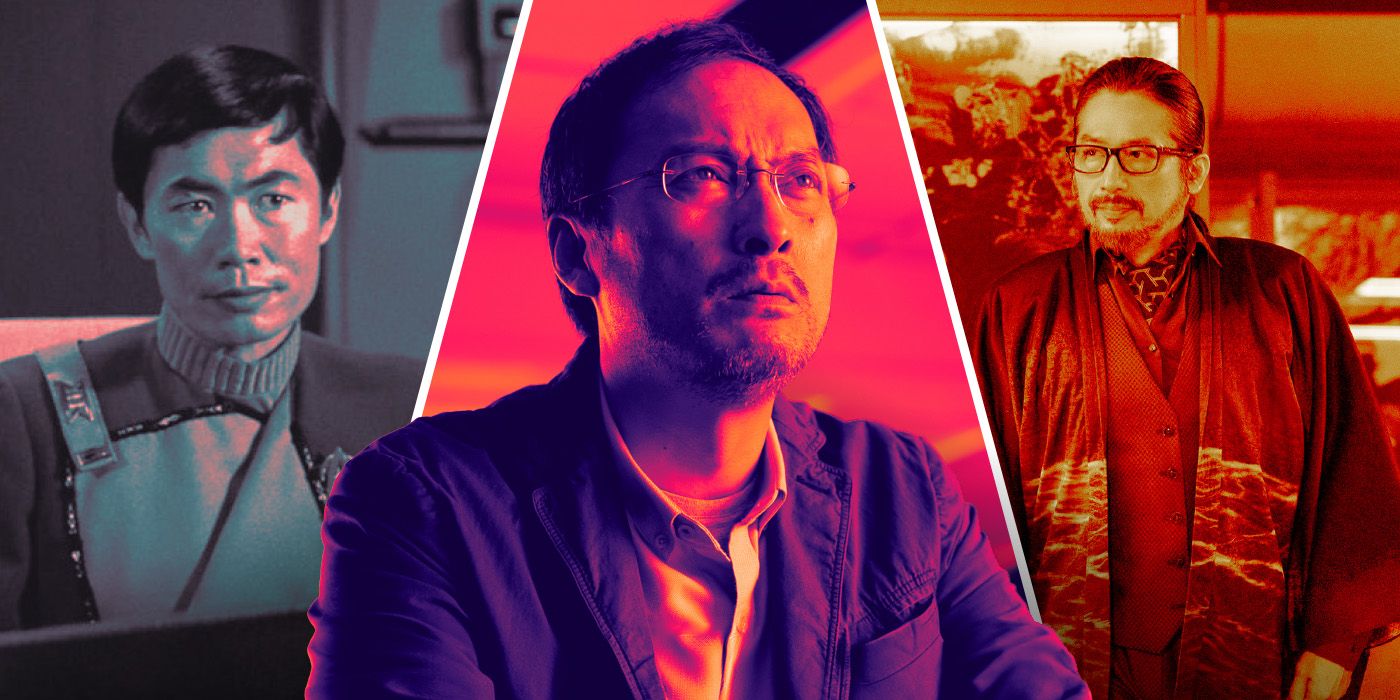Summary
-
Tokyo Vice
, a Max Original, loosely adapts Jake Adelstein’s memoir on crime reporting in Japan for gripping TV drama. - Some controversy surrounds the accuracy of the events depicted, with creative license taken for dramatic effect.
- Showrunner J.T. Rogers clarifies that
Tokyo Vice
isn’t a documentary but is instead inspired fiction based on real events.
Created by award-winning playwright J.T. Rogers, Tokyo Vice is a gritty Max Original crime series that exposes the seedy underbelly of Japan’s crime world. Based on the 2009 memoir by American journalist Jake Adelstein, the story involves Adelstein’s rise to become the first foreign-born reporter to work the crime beat for the influential Japanese newspaper, The Meicho Shimbun. As Jake attempts to prove his worth as an outsider, he becomes embroiled in dangerous reports involving the Yakuza and other powerful criminals hell-bent on seizing control of the city.
With the recent debut of Tokyo Vice Season 2 on Feb. 8, 2024, it’s time to analyze how much of the series is based on a true story and how much creative license has been taken to increase the dramatic effect. After all, there has been some controversy regarding the accuracy of the events depicted in the Max Original series, leaving many fans to wonder what is real and what isn’t. To help clarify, here is everything known about the veracity of Tokyo Vice.
Jake Adelstein’s Tokyo Vice Memoir
The superb Max Original seriesTokyo Vice is loosely based on Jake Adelstein’s 2009 memoir, Tokyo Vice: An American Reporter on the Police Beat in Japan. The 350-page memoir recounts Adelstein’s time working as the first American to cover the crime beat for The Yomiuri Shimbun, one of Japan’s largest and most influential newspapers. Adelstein left his hometown in Missouri in his early 20s and began working for the publication in 1993.
The book details roughly 12 years Adelstein spent as a staff writer, climbing the ranks of the office hierarchy in Tokyo. Upon immersing himself in the culture, Adelstein became fascinated by the criminal organizations operating in the city and began to make connections, gather trusted sources, and uncover stories related to drug smuggling, human trafficking, and police corruption.
One of the biggest throughlines in the memoir details Adelstein’s time working with Sekiguchi, a veteran detective who helps the young American navigate the criminal underworld in Tokyo. The character of Hiroto Katagiri in the Tokyo Vice TV show, played by Ken Watanabe, is very reminiscent of the real-life Sekiguchi police investigator that Adelstein got to know and trust during his time in Japan.
Other prominent storylines in Adelstein’s memoir include the murder of Lucie Blackman and the search for her killer, a chemical contamination and cover-up involving the Saitama Prefecture, and death threats Adelstein received after publishing an exposé on retired yakuza member Tadamasa Goto. Although none of these cases are mentioned by name in the original HBO crime series, the essence of Adelstein’s experience in Tokyo rings true. For example, Goto is represented by his fictional counterpart, Shinzo Tozawa, played by Ayuma Tanida on the show.
What Is the TV Series Version of Tokyo Vice About?

Tokyo Vice
- Release Date
- April 7, 2022
- Seasons
- 2
In the Tokyo Vice TV series, American journalist Jake Adelstein (Ansel Elgort) began working for The Meicho Shimbun in 1999. Although Adelstein’s start date and the newspaper’s name have been changed in the TV show, the overall gist remains accurate. At first, Adelstein struggles to prove himself at the paper and is told to rewrite his first story several times before finally getting it published.
Alas, a damning factual error embarrassed the publication, and Jake was reprimanded. Jake finds redemption by scoring an exclusive story from Detective Hitori Katagiri, a grizzled police veteran who knows the criminal underworld in Tokyo like the back of his hand. As alluded, Katagiri represents Sekiguchi, the real-life Detective Adelstein leaned on during his time in Japan in the ’90s. This truthful aspect of Adelstein’s memoir remains the most pertinent part of the Max Original series.

10 Japanese Actors Who Made It Big In American Cinema
It’s not common enough, but some Japanese actors make it huge in Hollywood.
Although Tokyo Vice is loosely inspired by Adelstein’s time covering the crime beat in Tokyo, showrunner J.T. Rogers has stated that the series is not a completely accurate autobiographical account. According to Rogers via The New York Times, “Tokyo Vice is not biography, nor documentary. It’s inspired by real events, but it’s fiction.” Similar to most Hollywood productions that use true stories as jumping-off points, Tokyo Vice embellishes, exaggerates, and even fabricates entire storylines to increase the dramatic effect of Adelstein’s genuine experience abroad.
For instance, while Adesltein’s real-life coverage of Lucie Blackman and her killer isn’t mentioned in the show, the Eastern European immigrant Polina (Ella Rumpf) might be a subtle reference to Lucie and her tragic fate. Regardless, Tokyo Vice takes Adelstein’s actual experiences in Japan and confabulates them to tell a gripping crime tale.
Controversy Over the Tokyo Vice TV Show
Although it’s clear that Rogers loosely based Tokyo Vice on Adelstein’s time in Japan, the accuracy of Adelstein’s memoir has since been called into question since the show’s release. After Season 1 of the series aired, The Hollywood Reporter wrote an expose questioning the integrity of Adelstein and the veracity of what he wrote in his memoir.
According to the report, Adelstein was hired by National Geographic in 2010 to work on a TV show about the yakuza. However, TV producer Philip Day expressed concerns over Adelstein’s credibility. At one point, Adelstein claimed he had been attacked in the street in broad daylight by a yakuza member who beat him with a phone book, which drew Day’s suspicions, and the NatGeo TV show was scrapped.
In 2011, Adelstein filed a lawsuit against the NatGeo producers, claiming that their interview of three yakuza members for the TV project put Adelstein’s life in danger. Despite the controversy, Adelstein maintains, “Nothing in the book is exaggerated. Everything is written as it happened.” Following the THR article, Adelstein issued a response, which read: “Mr. Blair deliberately left out or ignored correspondences testifying to my credibility or verifying my reporting.”
Regardless of how truthful Adelstein’s memoir is, the Tokyo Vice TV series was always meant to take the book’s basic blueprint and deliberately dramatize it for maximum entertainment. With Tokyo Vice recently entering Season 2, it will be interesting to see how much of Adelstein’s memoir, if any, is translated in the episodes to come. Tokyo Vice is available to stream on Max




